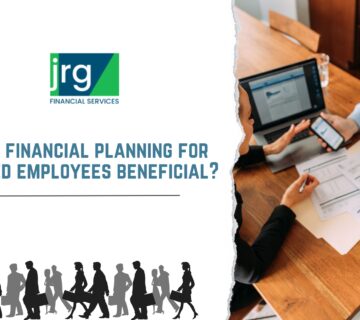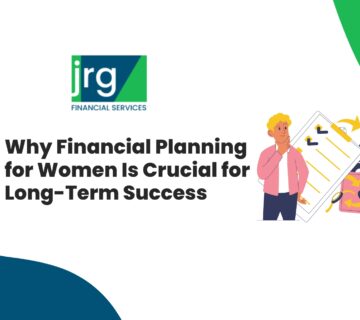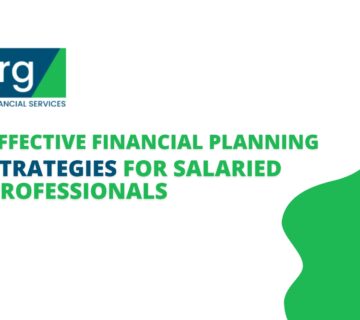One of the most profound gifts you can offer your child is a quality education. Education empowers them, opens doors to opportunities, and equips them to navigate life successfully. However, ensuring a good education for your child comes with a significant cost. This is where financial planning for your child’s education becomes paramount. In this comprehensive blog, we will delve into the importance of financial planning for child education, the key aspects you should consider, and how JRG Financial Services can be your trusted partner in securing your child’s educational future.
Why Financial Planning for Child Education Matters:
Investing in your child’s education is an investment in their future. It provides them with the knowledge and skills they need to chase their dreams and fosters a sense of independence and self-reliance. However, quality education often comes at a considerable cost, and this is where financial planning becomes vital.

Key Aspects of Financial Planning for Child Education:
- Start Early: The importance of early financial planning cannot be overstated. The sooner you begin saving and planning for your child’s education, the more time you have to build a substantial fund. Starting early allows your investments to grow and accumulate over time, easing the financial burden when the time comes.
- Assess Future Costs: Estimating the cost of your child’s education is a crucial step. Consider tuition fees, books, living expenses, and the impact of inflation. Think long-term and contemplate various scenarios, such as the possibility of your child studying abroad or pursuing higher education.
- Choose the Right Investment Vehicles: Carefully select financial instruments that align with your financial goals and risk tolerance. You have several options to choose from, including savings accounts, fixed deposits, mutual funds, and education-specific plans. The choice of instruments should be based on your specific requirements.
- Create a Dedicated Education Fund: It is advisable to separate your child’s education fund from your general savings. This separation helps ensure that the money you’ve set aside for education is not used for other purposes, maintaining the integrity of the fund.
- Regularly Review and Adjust: Monitoring your investments is a crucial part of financial planning. As your income grows and your financial situation changes, you may need to adjust your contributions. Stay informed about the performance of your chosen investment instruments and be ready to make informed decisions.

Strategies for Successful Financial Planning for Child Education:
- Systematic Investment Plan (SIP): Consider investing in mutual funds through SIPs. This approach allows you to invest small, regular amounts over time, taking advantage of rupee cost averaging. SIPs offer a disciplined and hassle-free way to accumulate wealth for your child’s education.
- Education Loans: Don’t hesitate to explore the option of education loans for higher studies. While it introduces an additional financial responsibility, it can help ease the immediate financial burden and allows your child to contribute to their education costs in the future.
- Scholarships and Grants: Encourage your child to actively seek scholarships and grants for their education. Scholarships can significantly reduce the financial strain on your part and empower your child to take control of their educational future.
- Emergency Fund: Apart from your child’s education fund, it is essential to maintain a separate emergency fund. This fund serves as a safety net to cover unexpected expenses without dipping into your child’s education fund.
JRG Financial Services: Your Partner in Financial Planning for Child Education:
JRG Financial Services is known for its financial expertise and commitment to your financial well-being. Their financial planning services are tailored to meet your unique needs, making them the ideal partner for securing your child’s educational future. With their assistance, you can navigate the intricate world of financial planning with confidence and peace of mind.
Conclusion:
Financial planning for child education is an investment in their future, a testament to your love and dedication as a parent. Starting early, assessing future costs, choosing the right investment vehicles, and maintaining discipline in your approach are key to making your child’s educational aspirations a reality. Whether it’s for primary, secondary, or higher education, a sound financial plan will ensure that your child’s educational dreams come true. By investing wisely today, you provide your child with a brighter tomorrow, armed with the knowledge and skills they need to succeed in an ever-changing world. With JRG Financial Services as your partner, you can navigate the complexities of financial planning with confidence and peace of mind, knowing that your child’s educational future is well taken care of.




